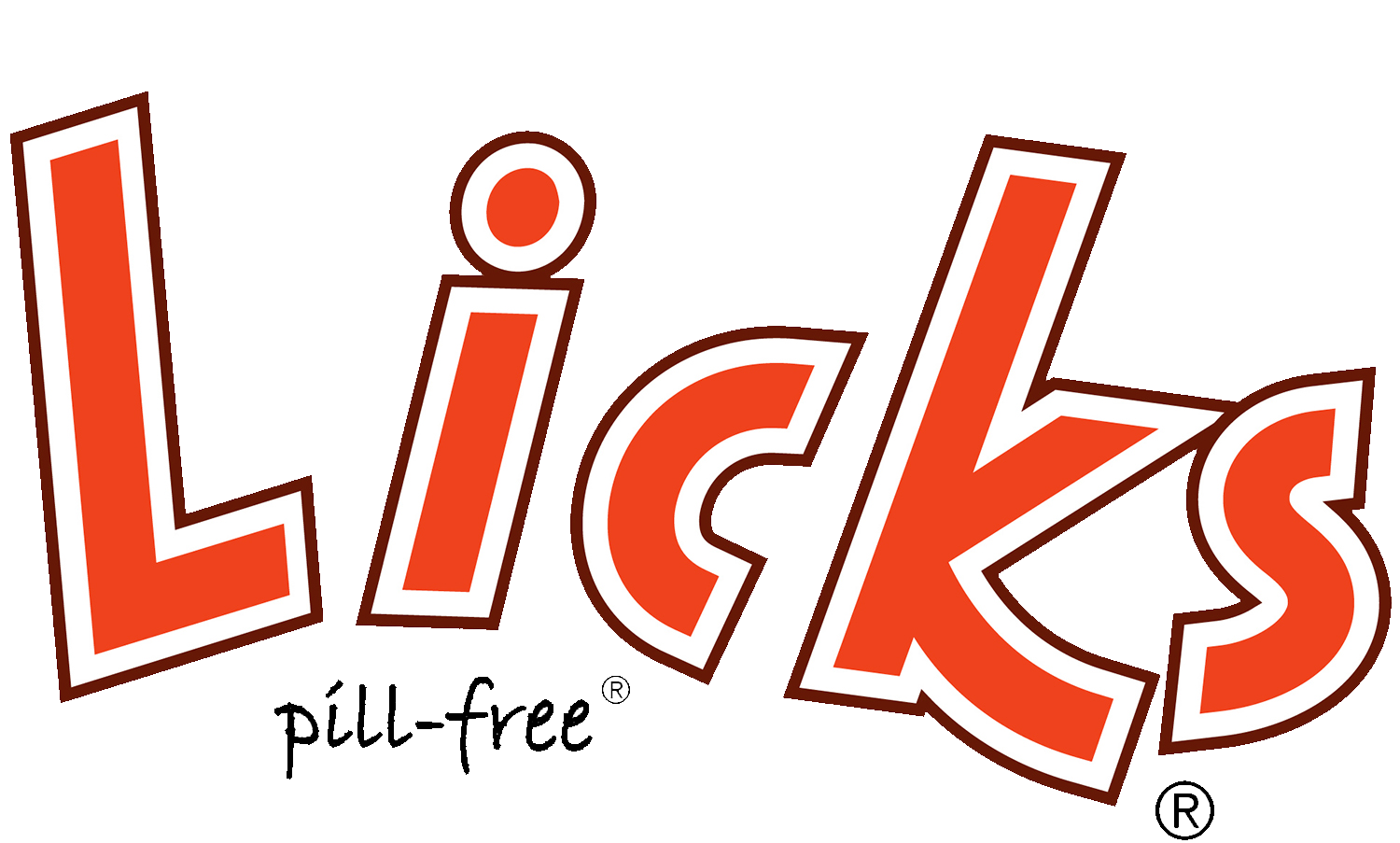Dog Anxiety Awareness
Did you know that Dog Anxiety Awareness Week takes place May 2-8th? Dog anxiety is real and there are signs that every dog owner should know. We want to help out your furry friends to keep them as comfortable as possible. So we’re here to break down what is dog anxiety, what are the signs, and how you as a dog owner can help your anxious dog!
What is Dog Anxiety?
“Anxiety, is the anticipation of unknown or imagined future dangers. This results in bodily reactions (known as physiologic reactions) that are normally associated with fear.” (1)
“Just like humans, dogs experience anxiety. While unpleasant, it is a normal and also healthy emotion. Dog anxiety can affect all breeds, but may affect each individual dog differently. Although it is something that all dogs experience from time-to-time, if disproportionate levels of anxiety are left unchecked, a dog can develop an anxiety disorder. If left untreated, dog anxiety can lead to behavioral and other issues.” (2)
Types of Dog Anxiety
Fear-related Anxiety
can be caused by loud noises, strange people or animals, visual stimuli like hats or umbrellas, new or strange environments, specific situations — like the vet’s office or car rides — or surfaces like grass or wood floors. Although some dogs may only have brief reactions to these kind of stimuli, they may affect anxious dogs more consequentially. (2)”
Separation anxiety
is estimated to affect around 14 percent of dogs. Dogs with separation anxiety are unable to find comfort when they are left alone or separated from their family members. This anxiety often manifests itself in undesirable behaviors, such as urinating and defecating in the house, destroying furniture and furnishings, and barking. (2)”
Age-related anxiety
affects older dogs and can be associated with cognitive dysfunction syndrome (CDS). In dogs with CDS, memory, learning, perception, and awareness start to decline, similar to the early stages of Alzheimer’s disease in humans. This understandably leads to confusion and anxiety in senior dogs.” (2)
Symptoms of Dog Anxiety
Aggression
Destructive behavior
Urinating or defecating in the house
“Sympathetic autonomic nervous system activity, including diarrhea” (1)
Panic
Signs may include panting, pacing, active escape behavior and increased out-of-context, potentially injurious motor activity (1)
Depression / Mild fears
Signs may include trembling, tail-tucking, hiding, reduced activity and passive escape behaviors (1)
Restlessness
Tail-chasing and circling (1)
Pacing
Repetitive or compulsive behaviors
Drooling / Panting
Lesions secondary to licking and biting their own body (1)
Excessive barking (2)
How to Treat Dog Anxiety
Training and Counter-conditioning
There are several training strategies owners can use to treat dog anxiety. One way is counter-conditioning. (2)
Counter-conditioning is training the dog to perform a positive behavior in place of fear or anxiety. (1)
“The purpose of counter-conditioning is to change your dog’s response to the stimuli responsible for anxiety, usually by replacing the anxious or aggressive behavior with a more desirable behavior, like sitting or focusing on the owner. (2)
“For example, you can teach your dog to sit and stay, and when your dog performs these tasks, you reward him. Then, when your dog is in a situation where he is usually fearful or anxious, you can redirect his attention by asking him to sit and stay.” (1)
Anxiety Medications for Dogs
“If your dog develops a serious anxiety disorder, your veterinarian may recommend medications or natural therapies. SSRIs and antidepressants are occasionally prescribed for dogs with severe anxiety, including fluoxetine and clomipramine.” (2)
For predictable anxiety-producing events like thunderstorms, fireworks, or car rides, your dog can benefit from a single use or over the counter Calming Aid such as Licks Zen! This easy to use calming formula is fast acting, working in just 30-40 minutes and promotes calmness in dogs for 4-6 hours.
Our Dog Zen Calming Aid uses only all-natural ingredients such as Chamomile, which Possesses anxiolytic (anti-anxiety) properties that treat stress and insomnia. Licks Zen also uses Eleuthero Root which is an adaptogenic herb that enhances the body’s ability to cope with stress in new environments, while maintaining steady energy levels. You can find our Zen Calming Aid on our online shop available for dogs, small breed dogs, and cats!


